ABOUT BRIAN
ABOUT BRIAN
ABOUT BRIAN
AUTHOR, ENERGY ENTREPRENEUR, SVP OKLO
AUTHOR, ENERGY ENTREPRENEUR, SVP OKLO
AUTHOR, ENERGY ENTREPRENEUR, SVP OKLO


BRIAN IN 30 SECONDS
BRIAN IN 30 SECONDS
BRIAN IN 30 SECONDS
My Mission
My Mission
My Mission
Principles I Live and Work By
Principles I Live and Work By
Principles I Live and Work By
Energy Truth: My Story and The Path to Progress
Energy Truth: My Story and The Path to Progress
Energy Truth: My Story and The Path to Progress


Sign up to
Truth & Power
Monthly insights on how better energy unlocks prosperity

Sign up to
Truth & Power
Monthly insights on how better energy unlocks prosperity

Sign up to
Truth & Power
Monthly insights on how better energy unlocks prosperity
© 2025 Copyright Brian Gitt. All rights reserved.
© 2025 Copyright Brian Gitt. All rights reserved.
© 2025 Copyright Brian Gitt. All rights reserved.
